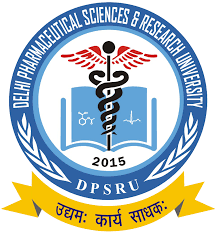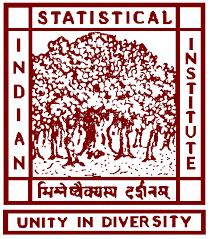M.Sc. Botany graduates have promising career prospects in areas like environmental conservation, agriculture, pharmaceuticals, and biotechnology. They contribute to plant research, biodiversity conservation, and sustainable agriculture.
Future Scope & Benefits for M.Sc. in Botany Course
Botany, the scientific study of plants, has been a fundamental branch of biology for centuries. A Master of Science (M.Sc.) in Botany is a postgraduate program that offers students the opportunity to delve deeper into the world of plants, from their genetics and physiology to ecology and conservation. The future scope and benefits of pursuing an M.Sc. in Botany.
Future Scope of an M.Sc. in Botany Degree
The future scope of an M.Sc. in Botany is promising. It includes opportunities in research, conservation, and environmental management. Botanists contribute to understanding plant life, biodiversity conservation, and sustainable agriculture. Additionally, they play a vital role in addressing climate change and the development of biotechnological solutions. This degree offers a fulfilling career path for those passionate about plant sciences.
-
Plant Research and Biotechnology: With advances in genetic engineering and biotechnology, botanists play a pivotal role in developing genetically modified crops, studying plant genomics, and enhancing crop yields. They contribute to addressing global challenges such as food security and sustainable agriculture.
-
Environmental Conservation: Botanists specializing in ecology and conservation biology work on preserving plant biodiversity, restoring ecosystems, and studying the impacts of climate change on plant communities. As environmental concerns grow, so does the demand for experts in this field.
-
Horticulture and Agriculture: Botanists in horticulture and agriculture focus on plant breeding, crop management, and the development of disease-resistant varieties. They help improve farming practices and enhance crop productivity.
-
Pharmaceuticals and Medicinal Plants: The pharmaceutical industry relies on botanists to study medicinal plants, identify bioactive compounds, and develop herbal medicines. Botanical research contributes to the discovery of new drugs and treatments.
-
Academia and Research: Many M.Sc. in Botany graduates choose to pursue Ph.D. programs and enter academia. They become professors, lecturers, or research scientists, conducting cutting-edge plant research and mentoring future botanists.
-
Plant Physiology and Biochemistry: Botanists in this field study the biochemical processes and physiological mechanisms of plants. Their work contributes to understanding how plants respond to environmental stress and develop strategies for crop improvement.
-
Botanical Illustration and Art: Botanical artists and illustrators collaborate with scientists to visually represent plant species accurately. Their work is crucial for plant identification, taxonomy, and educational materials.
Benefits of Pursuing an M.Sc. in Botany
Pursuing an M.Sc. in Botany offers several benefits. It provides in-depth knowledge of plant sciences, which is essential for careers in research, agriculture, and environmental conservation. Graduates can contribute to biodiversity conservation, sustainable agriculture, and climate change mitigation. It also opens doors to roles in academia, biotechnology, and botanical gardens, offering a fulfilling and impactful career path.
-
Specialized Knowledge: The program provides comprehensive knowledge of plant biology, making graduates highly specialized in their field.
-
Research Skills: Students develop strong research skills, including laboratory techniques, fieldwork, data analysis, and critical thinking, which are valuable in various professions.
-
Diverse Career Options: Botany graduates can choose from a wide range of career options across industries, making it a versatile degree.
-
Global Relevance: Plant science is globally relevant, and botanists can work on international projects, collaborate with experts worldwide, and address global challenges such as biodiversity loss and climate change.
-
Contribution to Society: Many careers in botany have a direct impact on society, whether through advancements in agriculture, conservation, or healthcare.
 2 Years
2 Years
 Post Graduate
Post Graduate
 Science
Science














 back
back

